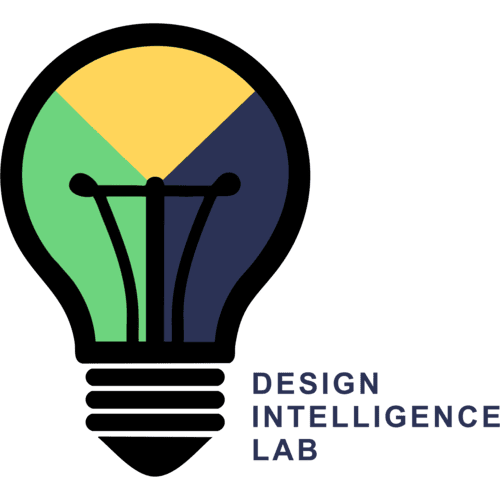Abstract
Artificial intelligence (AI) is increasingly applied in educational contexts to enhance learning
experiences, including affect. The current study uses 1) self-report data on achievement traits and
learning-related beliefs and 2) behavioral data from an AI-based modeling tutor to investigate
correlates of widely studied achievement emotions. Trait data was largely unrelated to affect, apart from a negative relationship between trait anxiety and the frequency of self-reported surprise during the learning episode. Positive beliefs were correlated with reduced negative affect, but not increased positive affect. Model complexity was positively correlated with surprise and excitement. Theoretical (understanding affective processes in AI-supported learning) and practical (designing feedback to promote positive affect) implications are discussed.
